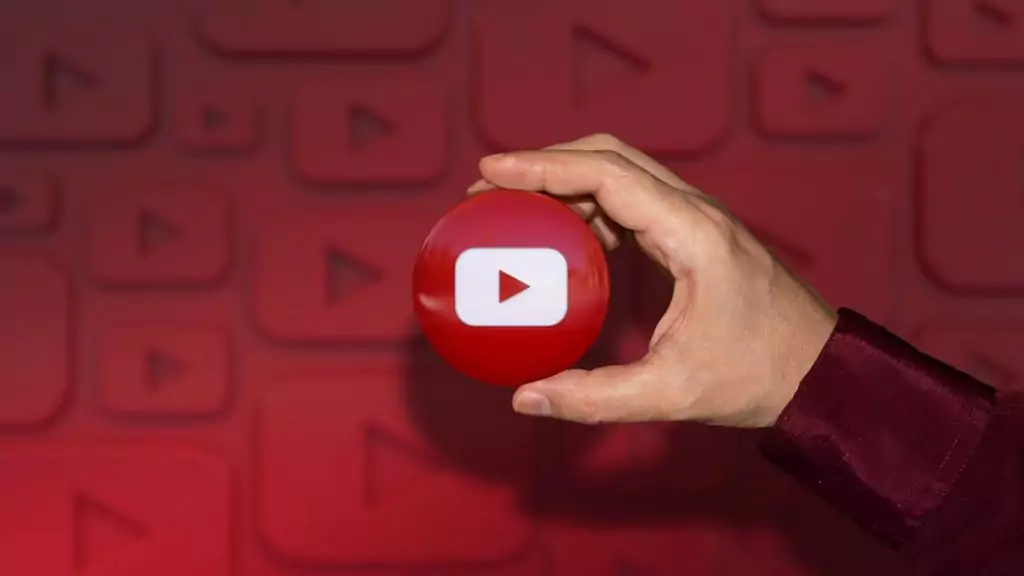We’re taking a deep dive into the growing debate between traditional college education and learning on YouTube. With college costs going up and YouTube learning becoming more popular, it’s important to ask: which one is truly better? This piece is going to unpack both sides of the argument, giving you a balanced view of the situation.

✅ AI Essay Writer ✅ AI Detector ✅ Plagchecker ✅ Paraphraser
✅ Summarizer ✅ Citation Generator
Key Takeaways:
- Traditional college offers structured learning and networking, but its high cost and relevancy are debated.
- YouTube provides accessible and versatile learning, but lacks depth and certification for complex fields.
- YouTube is transforming education, making it more inclusive, engaging, and personalized.
The Good and the Bad of College Education
Many people stand by the value of a college education. They believe it gives you more than just book smarts – it also provides life experiences and opportunities for networking. One person shared:
“My closest friends (after almost 15 years) are all from college days… college is more than what you learn, it’s about the friends and connections you made along the way.”
However, not everyone is sold on college. Some people feel it’s too expensive, especially if their chosen career doesn’t require a degree. The worry of student loans, and the fact that some classes don’t seem useful, makes people question whether college is worth it. As one person put it:
“If I could have a ‘do over’ knowing what I know today, I would not have gone to college. Now, I have the burden of student loan debt to deal with while trying to grow my small business simultaneously.”
The Ups and Downs of YouTube Learning
A lot of people love learning on YouTube. They appreciate how easy it is to access a ton of different topics, from programming to cooking, without having to spend much money. One person said:
“I got my first job as a programmer thanks to YouTube videos. I learned to cook and expanded historical knowledge.”
Despite these benefits, some folks don’t see YouTube as a complete substitute for traditional education. They believe that YouTube can’t replace the in-depth, certified learning you get at school. They argue that you can’t learn everything on YouTube, especially complex or regulated fields. One person mentioned:
“A lot of professional qualifications cannot be learned from YouTube. 99% of people who try to sit through a quantum physics class via YouTube would not understand anything and give up.”
They also point out that YouTube can’t give you personal feedback or hands-on experience, which are crucial for learning some skills.
How YouTube Is Reshaping Learning
YouTube, the popular video-sharing platform, is significantly transforming the landscape of learning, making it more accessible, interactive, and personalized. The traditional model of learning confined within classroom walls is gradually being supplanted by YouTube’s global classroom, accessible anytime, anywhere. For instance, a student grappling with calculus at midnight can simply watch a video tutorial on the topic. Likewise, someone interested in learning Spanish can access language lessons from native speakers without leaving their homes.

YouTube is also breaking down complex concepts into digestible content. Animated videos on channels like “Kurzgesagt – In a Nutshell” simplify tough scientific concepts, while cooking channels like “Tasty” provide step-by-step demonstrations, making it easier for novices to learn culinary skills.
Moreover, YouTube is fostering a self-paced learning environment. Viewers can pause, replay, or slow down videos to thoroughly understand the presented material – a flexibility often unavailable in traditional classrooms. Additionally, YouTube caters to diverse learning styles, offering visual and auditory content that may engage learners better than textual materials.
However, one of the most powerful ways YouTube is reshaping learning is by democratizing knowledge. Knowledge is no longer restricted to institutions or costly textbooks. For instance, the “CrashCourse” channel offers free, high-quality courses in subjects ranging from world history to astronomy, thereby making learning accessible to all, regardless of their economic background.
In conclusion, YouTube is proving to be a potent learning tool, reshaping education by making it more inclusive, engaging, and adaptable to individual learning needs.
Follow us on Reddit for more insights and updates.





Comments (0)
Welcome to A*Help comments!
We’re all about debate and discussion at A*Help.
We value the diverse opinions of users, so you may find points of view that you don’t agree with. And that’s cool. However, there are certain things we’re not OK with: attempts to manipulate our data in any way, for example, or the posting of discriminative, offensive, hateful, or disparaging material.